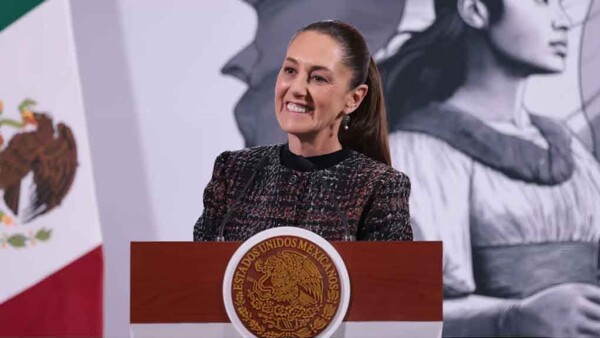
Mexico is entering a new technological era marked by artificial intelligence (AI). In this turbulent global context, geopolitical tensions between the United States, China, and the negotiations of the Treaty between Mexico, the United States, and Canada (USMCA) make Mexico's position on the international stage crucial.
A solid public policy on AI could be the boost that Mexico needs to strengthen its position in these negotiations. By adopting and developing AI technologies, the country would demonstrate technological leadership, positioning itself as an innovative and reliable partner in North America. Establishing clear regulatory frameworks for data protection and the ethical use of AI would also ensure compatibility with the standards of the United States and Canada, avoiding potential trade frictions.
Including an AI strategy in the USMCA negotiations would not only allow Mexico to achieve better terms in areas like digital trade, intellectual property, and technology transfer, but it would also strengthen its capacity to attract investments from American technology companies interested in expanding in the region.
However, the challenge for Mexico is significant. The recent emergence of DeepSeek, a Chinese AI startup, warns about the importance of diversifying technological options and developing local capabilities to avoid excessive dependence on external actors that could compromise Mexico's goal of becoming the tenth-largest economy in the world by 2030.
The future of AI in Mexico requires vision and strategy. It is essential to build a public policy that promotes internal development while strategically positioning the country in the renegotiation of the USMCA in 2026. In this new technological scenario, Mexico cannot be a spectator but an active player seeking to generate shared prosperity and ensure its technological sovereignty.














